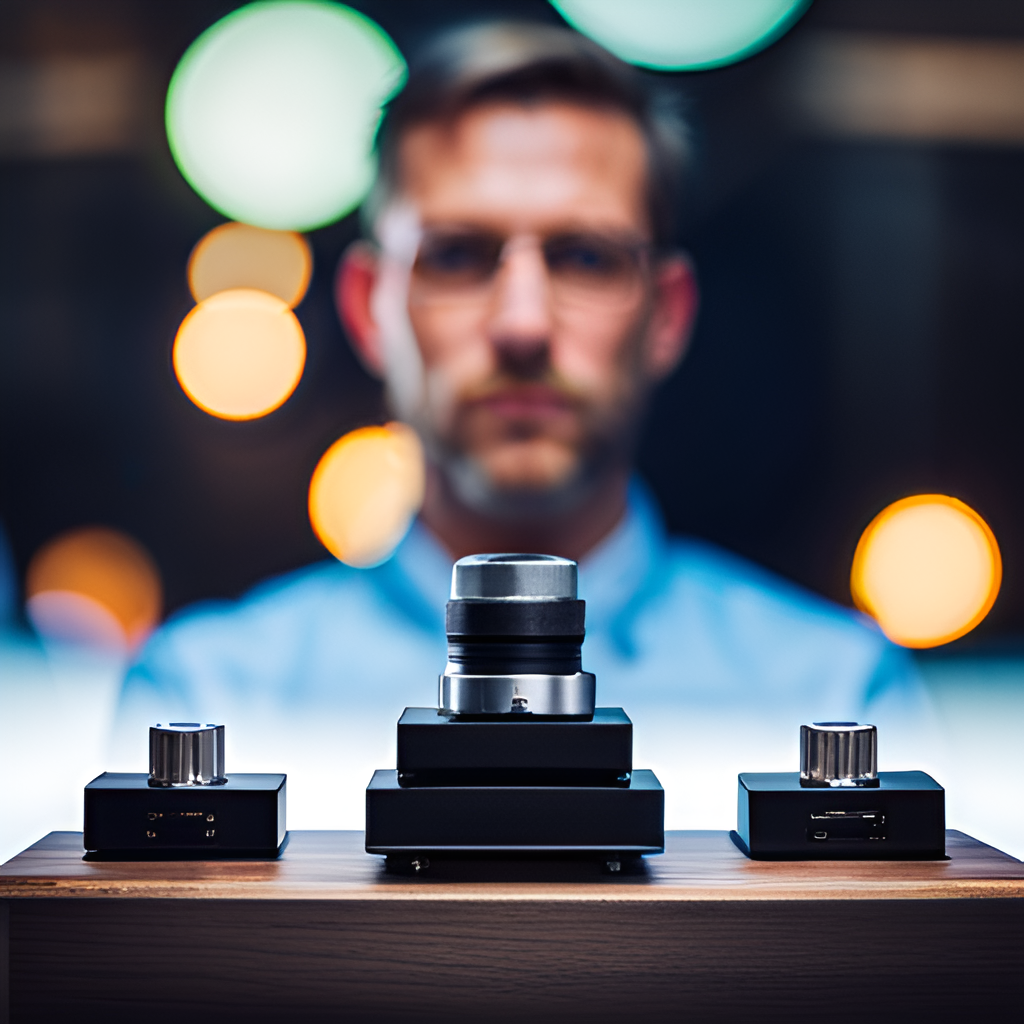
Vacuum Tube vs Transistors: Understanding the Differences
Share
Introduction
When it comes to electronics, vacuum tubes and transistors are two of the most important components. They are used in a wide range of applications, from simple amplifiers to complex computer systems. However, there are some key differences between these two technologies that are important to understand. In this article, we will explore the differences between vacuum tubes and transistors and their respective advantages and disadvantages.
What are Vacuum Tubes?
Vacuum tubes, also known as thermionic valves, were one of the earliest electronic components. They were first invented in the early 1900s and were widely used in early radio and television sets. A vacuum tube is essentially a glass container that contains a vacuum and several electrodes. When a voltage is applied to the electrodes, a current flows through the vacuum, which in turn produces a signal.
Vacuum tubes have several advantages over other electronic components. They are very durable and can last for decades if properly maintained. They are also very good at amplifying signals, which is why they were used in early radio and television sets. However, vacuum tubes have some significant disadvantages as well. They are very large and require a lot of power to operate. They also generate a lot of heat, which can be a problem in some applications.
What are Transistors?
Transistors are a type of semiconductor device that were first developed in the mid-20th century. They quickly replaced vacuum tubes in most applications, and are now used in almost all electronic devices. A transistor is essentially a small piece of silicon that contains several layers of semiconductor material. When a voltage is applied to the transistor, it allows a current to flow through it, which in turn produces a signal.
Transistors have several advantages over vacuum tubes. They are much smaller and require much less power to operate. They also generate much less heat and are more reliable. However, transistors have some disadvantages as well. They are not as good at amplifying signals as vacuum tubes, which is why some audiophiles still prefer vacuum tube amplifiers.
Conclusion
Vacuum tubes and transistors are both important electronic components, but they have some significant differences. Vacuum tubes are very good at amplifying signals and are very durable, but they are also very large and require a lot of power to operate. Transistors are much smaller and require much less power to operate, but they are not as good at amplifying signals as vacuum tubes. Ultimately, the choice between vacuum tubes and transistors depends on the specific application and the user's preferences.

1 comment
Tubes vs transistors…?
Conclusion
“…….and the user’s preferences.” My axe has a preference. Tubes and my legacy Ampeg is a warm blanket for my guitars !